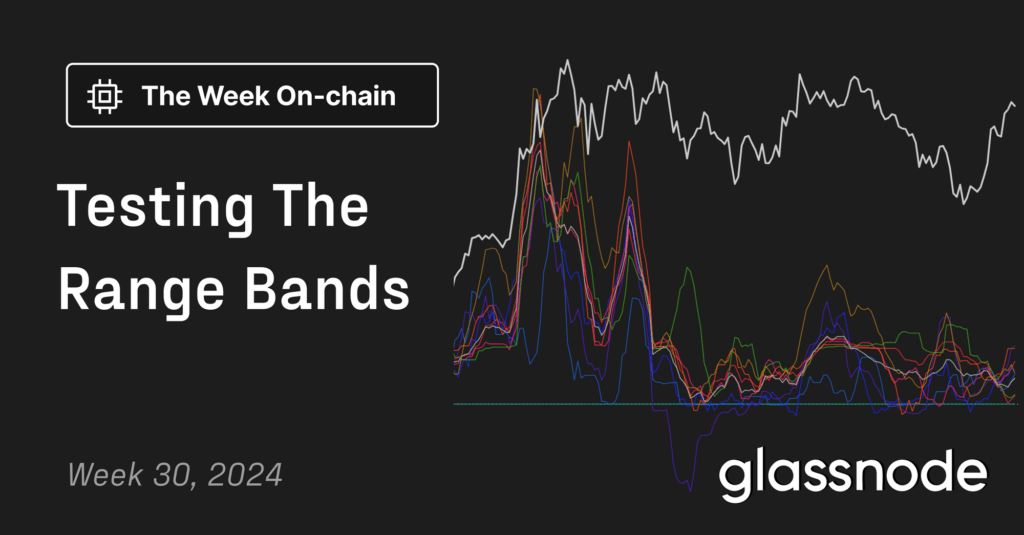Research Summary
The report discusses the implications of the IRS’ proposed broker rule on the decentralized finance (DeFi) sector. The rule, part of the Infrastructure Investment & Jobs Act, expands tax reporting requirements to include a wide range of entities in the digital assets ecosystem. The report highlights the potential impact on various crypto entities, including exchanges, wallets, DeFi applications, and NFT platforms. It also outlines the possible responses from DeFi entities, such as compliance, blocking U.S. users, or abandoning upgradeability and fees.
Key Takeaways
Expanded Definition of “Broker”
- Broader Scope: The proposed rule expands the definition of a “broker” to include entities that provide facilitative services for digital asset sales and are in a position to know the identity of the party involved.
- Implications for DeFi: This expanded definition could potentially include DeFi applications, NFT platforms, and even block explorers, requiring them to comply with tax reporting requirements.
- Requirement for Compliance: Entities designated as brokers would be required to collect KYC information for all U.S. users and furnish transaction information to the IRS.
Impact on Crypto Entities
- Centralized Exchanges & Custodians: These entities, which already perform KYC, will be required to provide tax reporting to both individuals and the IRS.
- Wallets: Both custodial and non-custodial wallets that facilitate trading could be required to add KYC and conduct tax reporting.
- DeFi Applications: These could be required to comply with the proposed rules, especially if the contracts that comprise the application are upgradeable.
Potential Responses from DeFi
- Compliance: DeFi entities could accept the broker designation and comply with the reporting rules.
- Blocking U.S. Users: DeFi applications could attempt to block U.S. users from accessing their services.
- Abandoning Upgradeability, Front-ends, and Fees: DeFi applications could avoid a broker designation by not accepting any fees for their facilitative services and not maintaining a publicly accessible front-end.
Actionable Insights
- Understanding the Implications: Crypto entities should thoroughly understand the implications of the proposed rule and prepare for potential changes in their operations.
- Engaging in Public Discussion: Stakeholders should participate in the public comment period to voice their concerns and seek clarity on the proposed rule.
- Exploring Alternatives: DeFi entities should explore alternatives such as blocking U.S. users or abandoning upgradeability and fees to avoid the broker designation.











